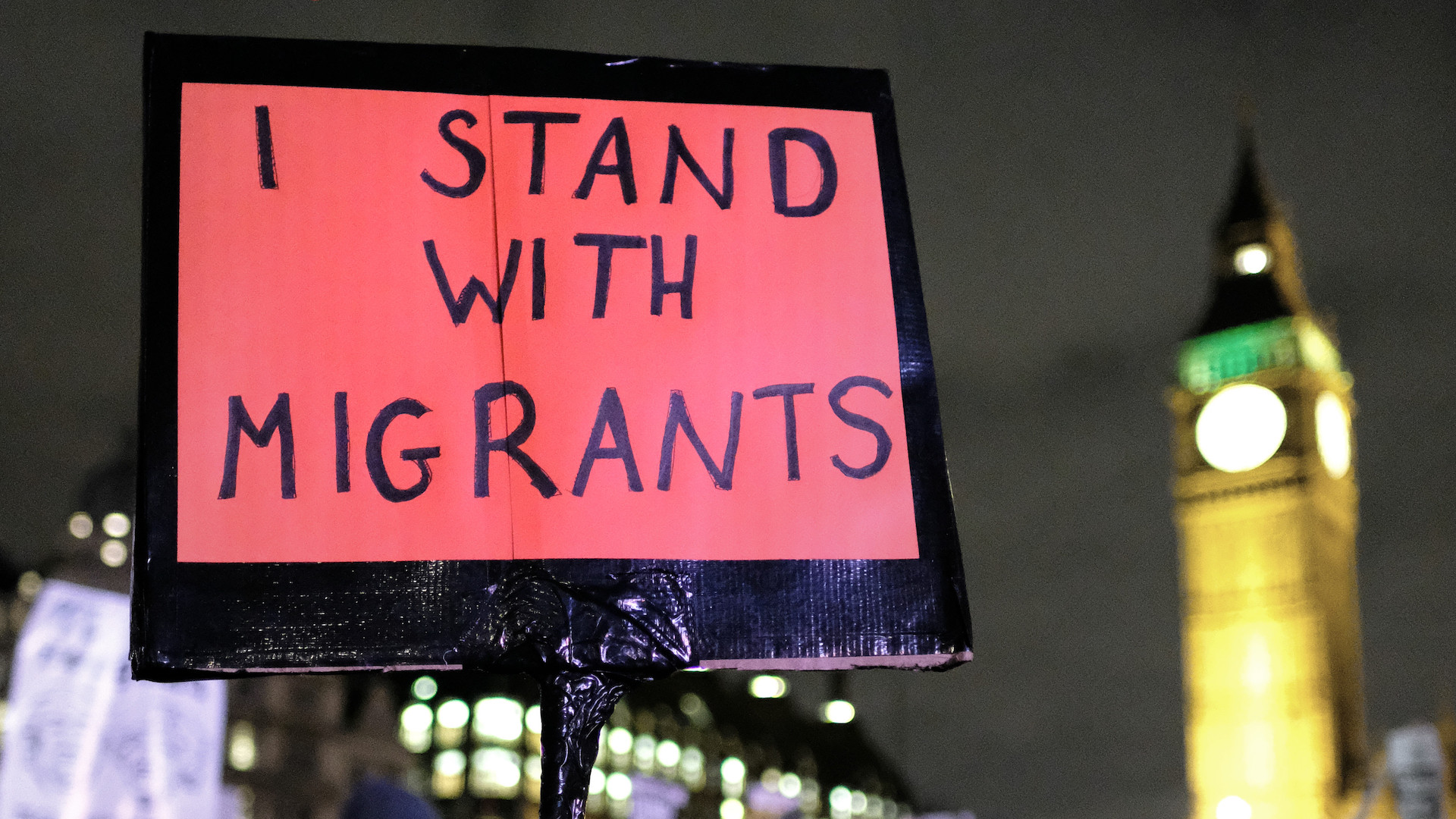If they are granted asylum, it is at that point they will become refugees in official terms. But until that point they must survive under the no recourse to public funds condition – a policy locking people out of most state support and benefits based on their immigrations status – and instead are given just £39.63 per week, or £5.60 per day, in asylum support.
“Asylum seekers are banned from working, and are likely to be placed in squalid housing, often far away from the communities and family they’re connected to,” Rahman added.
Many of the 17,000 people evacuated from Afghanistan in recent weeks have previously worked closely with the UK military or government, including interpreters and their families, and will be granted the right to resettle in the UK indefinitely. Jobs have already been offered to some of those people, with one charity saying the response from businesses looking to hire refugees had been “staggering”.
But the future is less certain for those seeking safety under the recently-announced Afghan citizens’ resettlement scheme – which ministers said would prioritise women, girls and people particularly vulnerable to Taliban violence, with further details still to be announced – and those who arrive in the UK unplanned in the months and years ahead.
“The government’s cruel new Borders Bill could also see refugees deported for travelling here by boat,” Rahman said.
Advertising helps fund Big Issue’s mission to end poverty
The upcoming Nationality and Borders Bill, which MPs described as “brutal to children escaping war zones”, could mean those who arrive “irregularly”, such as without a valid visa, could be imprisoned for up to four years.
The legislation could result in people escaping persecution in other countries having their claims for asylum in the UK assessed based on how they arrived here, such as by dinghy, or could be detained offshore until their claim is approved.
“It’s clear our asylum system is failing people,” Rahman said, “and could soon criminalise people for the very act of fleeing danger.
“We desperately need a system that treats people seeking safety with respect and compassion – allowing them to re-join family, live with dignity, and rebuild their lives.”
Support The Big Issue and our vendors by signing up for a subscription.
The warnings come as new analysis from the Institute for Public Policy Research (IPPR) revealed that there was a more than six-fold increase in the number of people applying to have the no recourse to public funds policy removed from their visa conditions at the start of the pandemic, mostly women and young people. Researchers suggested the policy was pushing people deeper into hardship during the financial fallout of Covid-19.
Advertising helps fund Big Issue’s mission to end poverty
The Nationality and Borders Bill threatens to widen the pool of people locked out of state support under the policy, said Marley Morris, the think tank’s associate director for migration, trade and communities.
“With the British evacuation ending and the government urging those fleeing the Taliban to avoid Kabul airport and head to the border instead, their route to safety is clouded in serious uncertainty and confusion,” he added.
The Borders Bill could “potentially punish” Afghans reaching the UK indirectly or through unauthorised routes, Morris warned.
“Refugees fleeing persecution shouldn’t be abandoned when they need assistance, just because of how they may have arrived in the country,” said Amreen Qureshi, a researcher for IPPR.
The government previously said the UK has a “proud history of protecting people in life-threatening situations” and that “thousands of Afghans most in need will be welcomed” through the Afghan citizens’ resettlement scheme, with more details announced in due course.
A Home Office spokesperson said: “People with leave under certain routes … can already apply, free of charge, to have [no recourse to public funds] conditions lifted if they are at risk of destitution.
Advertising helps fund Big Issue’s mission to end poverty
“There are also safeguards in place to ensure vulnerable migrants who are destitute and have community care needs, including issues relating to human rights or the wellbeing of children, can receive support.”









